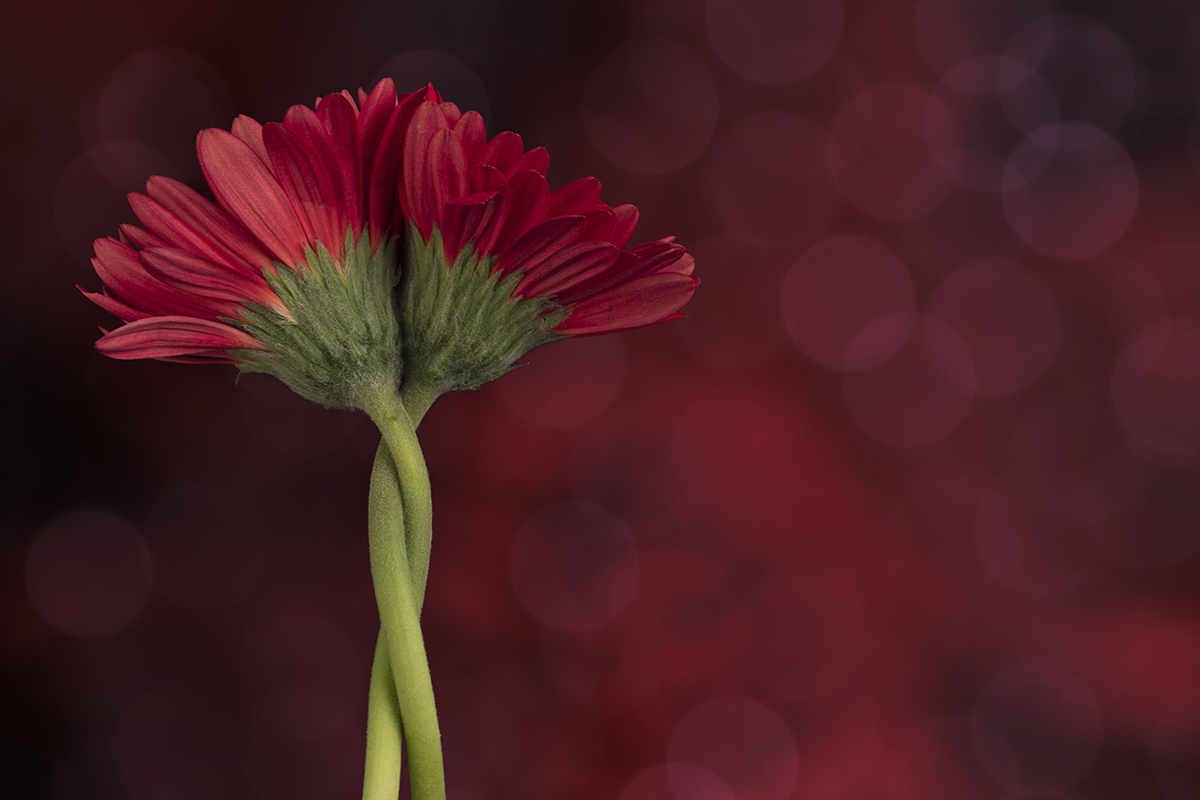When was the last time you asked yourself a question that took you to the very core of your existence?
Beyond all the questions about belief and opinion, lies the most fundamental question of all: ‘Why is the Human on Earth?’
When you hear this question what first comes into your mind? Can you describe to yourself, with a freedom of language and perception, what the deeper purposes of life actually are? Not according to a text, a teacher or famous saying, but according to what you’ve actually reasoned to yourself is actually true.
Finding core truths
We arrive on planet earth with no definitive guide as to why we have arrived. So from a very young age we are driven to ask questions, often to do with what the purpose of life is. This happened to me from the age of 8 years old, from which point the question ‘Why is the Human on Earth?’ became one of the most revealing and liberating of all.
And in my seven years of search and research to create the book ‘Why is the Human on Earth?’ I asked many people this question… yet often got bombarded with ‘off-the-shelf’ answers, clichés, recycled dogmas and trite aphorisms. But sometimes, in the depth and stillness of contemplation, some beautiful truths appear with great insight, for example:
That the human is on earth to be in awe and appreciate life for what it is.
That we are here to participate in the evolution of human life, as a small connected part of the weave of all life.
That we are here to contribute more to life than we take from it.
That we are designed to understand the natural government of life, to be truly free.
That we are here to exercise choice wisely and to engage consciously in the refinement of ourselves as humans with being.
A genuinely holistic experience
Such truths as these bring greater meaning into the wonder and mystery of life – and greater direction into daily living. And with such crucial wisdoms in mind I began to draft a different type of book – a book that would be a journey of awakening. That explains the sub-title of the book: ‘Working contemplations, to re-discover – even for a moment – the awe and meaning of being human’.
I was fortunate to have been able to work alongside two leading UK artists (Jackie Henshall and Viv Mullett), in the attempt to create a holistic and genuinely original experience with imagery. So each of the seven chapters comprises an original picture, a poem, a short text and a practical exercise. All four media together aim to ‘speak’ to the whole person in the following way:
Pictures can activate the mind, mentality and imagination.
Poetry can release new feelings and new insight.
Prose can engage all the human faculties into completely new understandings.
A practical exercise can enable you to live it.
Exercises in Freedom
Here is an extract of one of the ‘exercises in freedom’ from the book, which can refresh our whole sense of what and who we are as humans:
It’s unlikely you chose your name. It was given to you a long time ago and many years have passed between the ‘you’ then and the ‘you’ now. So whatever your name is – from Alfred to Zoe – is what people call you and what you call you, whether you like it or not. In certain civilisations, cultures and tribes, names carried great significance. Names had a reason behind them. Think of Richard the Lionheart, The Lady with the Lamp, Dances with Wolves or names such as Will, Grace, Patience.
When you get up tomorrow morning, find a name to call yourself which represents a quality or a nature that you want to carry in yourself throughout the day. Perhaps the name of a quality that you really need at this time, such as Courage, Persistence, Grit, Stillness, Calm.
Or decide to name the nature in which you want to do things during the day, such as Finesse, Determination, Willingness. So find the name you wish to call yourself and refer to yourself by that name in your thinking when you want to at any time. And if you wish, ask some friends to call you that name for the day, or week or longer.
In certain situations you may specifically want to draw on the name you’ve chosen. For example at a time of great adversity you might say to yourself, ‘I Courage, will not be weakened by this challenge’. Or in another circumstance, if you’d chosen the name Calm, you might say, ‘I Calm, will not allow the noise and stress of this situation to spoil my effective response to it’.
Names are very significant and this is you exercising your own freedom to choose, name and grow in yourself different qualities and natures, consciously.
This is one practical example of why the human is on earth – to exercise choice in ways that liberate our greatest capabilities.
© 2013 by Mark Ballabon.







